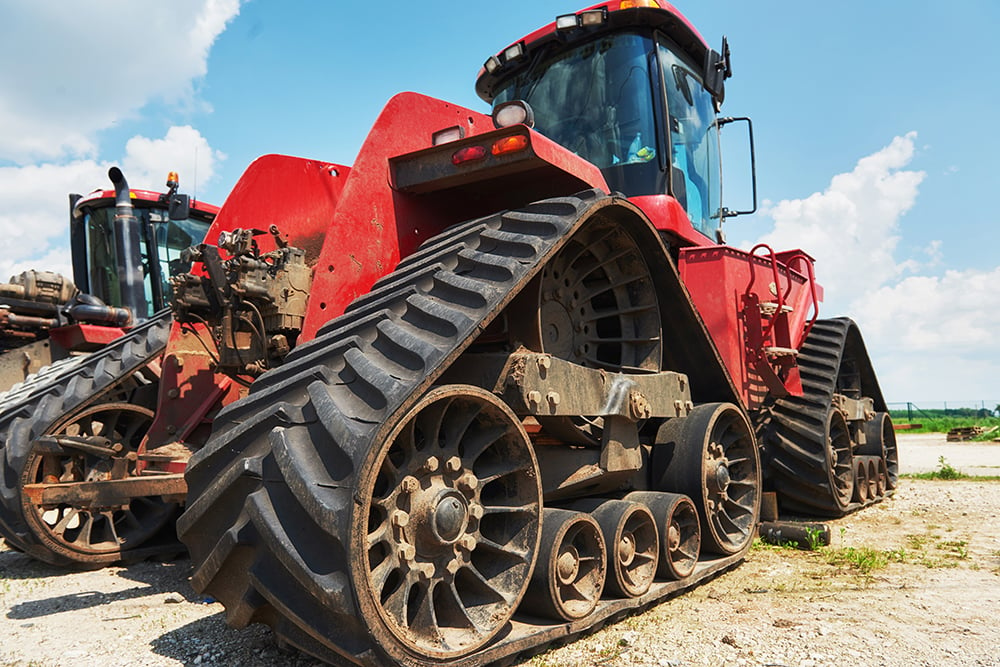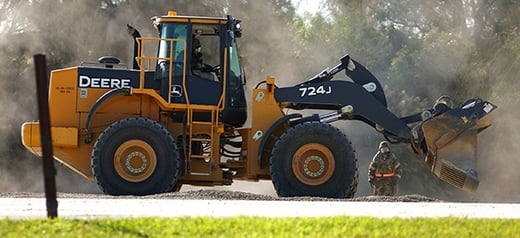
Starting your own equipment appraisal company can be a rewarding and profitable venture. Becoming an independent business owner allows you to control your career while offering a valuable service to businesses and individuals. Here are some things to consider if you’re thinking about owning and developing your own appraisal business.
Equipment appraisers estimate the value of machinery, vehicles, and many other tangible asset types, with the main exclusion being real estate. The primary purposes for engaging with an equipment appraiser include buy/sell, accounting/tax, leasing/financing, donation, insurance, and litigation support. Clients will include banks, insurance companies, business owners, CPAs, and attorneys.
Obtaining a certification or accreditation from a reputable organization such as the American Society of Appraisers (ASA) or the International Society of Appraisers (ISA) is a critical step to gaining the experience and credibility required to attract clients.
The equipment appraisal industry is broad, covering virtually any type of tangible machinery. Specializing in a particular sector might help you stand out and attract certain clients; however, gaining experience across multiple industries will create more opportunities for business.
Consider having a minimum of 15-20 years of experience applying your skills within a larger organization before venturing out on your own. When you think you are ready, decide on a legal structure for your business, whether it be a sole proprietorship, LLC, or corporation. Formally register the company and complete all the necessary documentation.
Building a strong online presence through a professional website and social media can help attract clients. Networking with financial institutions, law firms, and business brokers can also lead to valuable referrals.
Have an understanding of reasonable fee structures and create boiler agreements and reports that will apply to any appraisal engagement. Stay updated on industry trends and take continuing education courses. Consider joining relevant associations and attending networking events to connect with potential clients.
Litigation support and consulting work, including expert witness services, can be a lucrative area if you have the right amount of experience. Research the right online sources to list your bio with.
Developing and owning an equipment appraisal business is a challenging venture. However, if successful, it will offer many rewards, including complete latitude, flexibility, and future financial independence. You can establish a thriving business by developing expertise, building a strong network, and leveraging technology. With dedication and strategic planning, you’ll be well on your way to becoming a trusted expert in the field of equipment appraisal.





